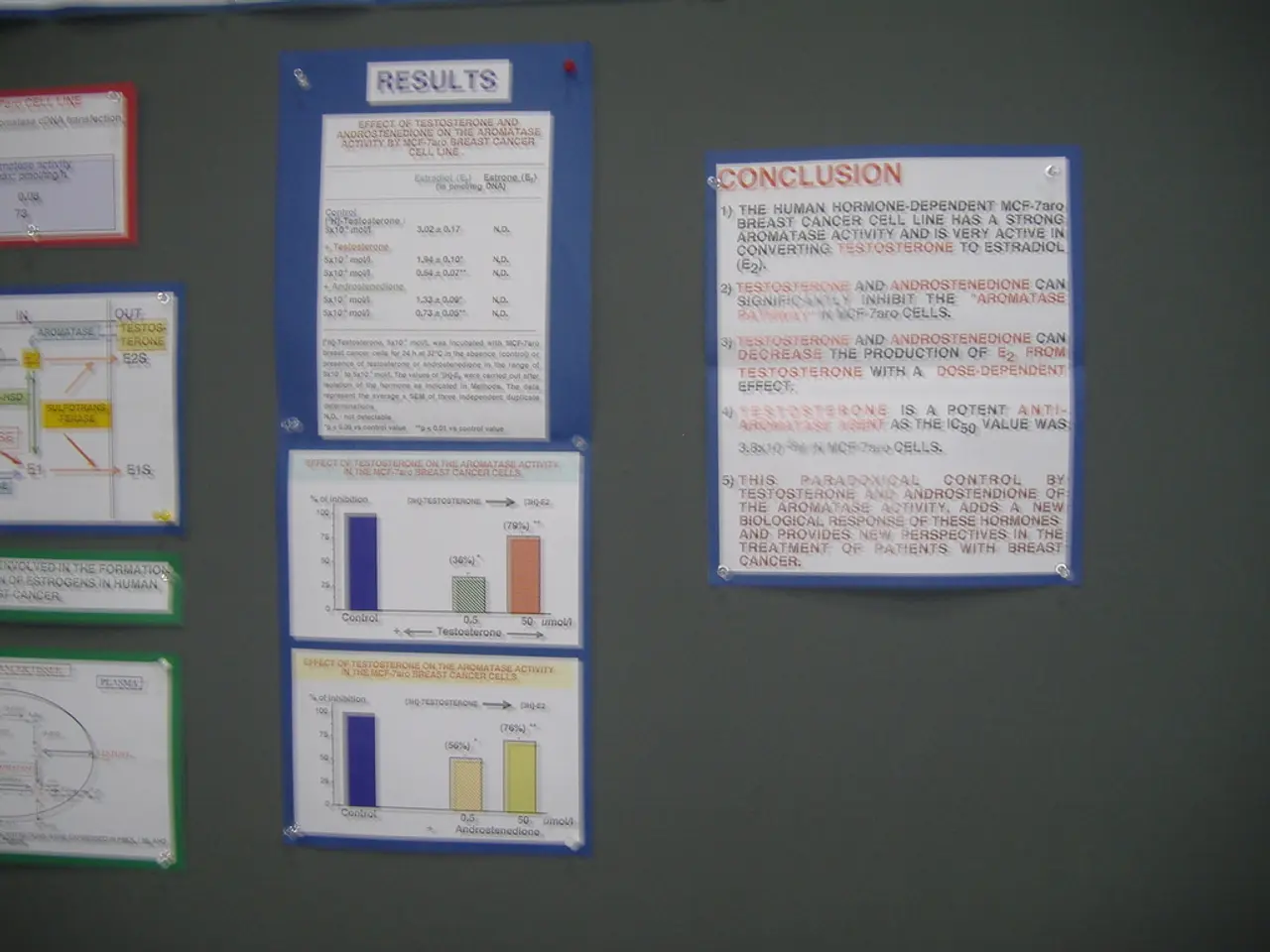Warning Signs of Dementia That Shouldn't Be Overlooked
Dementia, a group of symptoms affecting memory, thinking, and social abilities, is not a normal part of aging. Early recognition of its signs can make a significant difference in managing the condition. Here are some early warning signs to watch for, which may indicate cognitive decline beyond typical age-related forgetfulness.
Memory loss, particularly short-term memory, is the most common and earliest symptom of dementia. Forgetting recently learned information, important dates or events, frequently repeating questions, and increasingly relying on memory aids or family members for things previously managed independently could be early signs.
Cognitive decline often impacts problem-solving abilities. Trouble following a familiar recipe, keeping track of monthly bills, concentrating, or taking longer to do things previously done easily are signs to be aware of.
Losing track of dates, seasons, and the passage of time; forgetting where they are or how they got there are other symptoms to watch out for. Repeatedly misplacing items in unusual places can also be a sign of dementia.
Language difficulties, such as struggling to find the right words or following a conversation, are often early signs of dementia. Trouble with words in speaking or writing, stopping mid-sentence, or having trouble with vocabulary should not be overlooked.
Apathy and social withdrawal are common in the early stages of dementia. Avoiding social engagements, hobbies, work projects, or sports due to changes in ability or comfort can be a warning sign.
Individuals with dementia often struggle with episodic memory, which involves recalling specific events or experiences. Changes in mood or personality, becoming confused, suspicious, depressed, fearful, or anxious, are also symptoms to be aware of.
Dementia can present with unique early symptoms in certain types, such as Lewy body dementia, which may include visual hallucinations and movement disorders similar to Parkinson’s disease.
Recognizing these signs early allows for timely intervention, lifestyle adjustments, and planning for long-term care needs. If you notice any of these signs, consult a medical professional for early diagnosis and treatment planning. It is important to remember that the human side of dementia is crucial. Focusing on programs that provide cognitive stimulation, physical activity, and social engagement can improve quality of life.
Humor can help manage the challenges of dementia, providing emotional relief for caregivers and individuals living with the condition. The human side of dementia is an essential aspect to remember, focusing on programs that provide cognitive stimulation, physical activity, and social engagement can improve quality of life.
Mild cognitive impairment (MCI) is a recognised precursor to dementia, characterised by a noticeable decline in mental abilities—greater than expected for age but not severe enough to interfere significantly with daily life. Signs of MCI include frequently losing items, forgetting recent conversations or appointments, difficulty keeping up in conversations, and trouble finding the right words.
In conclusion, early recognition of dementia symptoms is crucial for timely intervention and management. If you suspect someone you know may be experiencing these symptoms, it is important to seek medical advice promptly.
Science and health-and-wellness initiatives can play a crucial role in managing dementia. For instance, strategies that focus on programs providing cognitive stimulation, physical activity, and social engagement can enhance the quality of life for both individuals living with the condition and their caregivers. Nutrition, a key component of health-and-wellness, may also contribute to mental health and potentially slow down the progression of dementia. Regular exercise and sleep, key elements of fitness-and-exercise and health-and-wellness, are essential for overall mental health, which, in turn, can help maintain cognitive function and ward off dementia symptoms.








